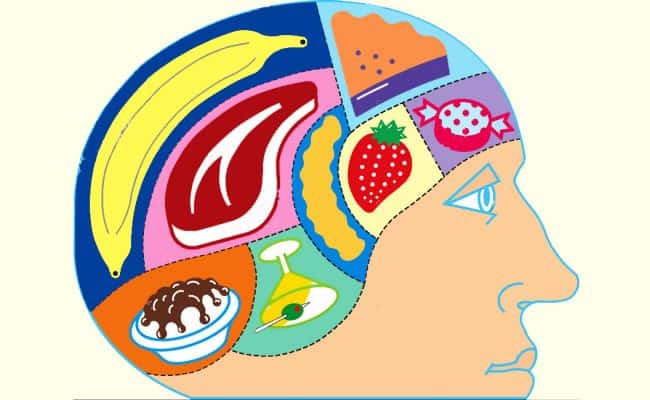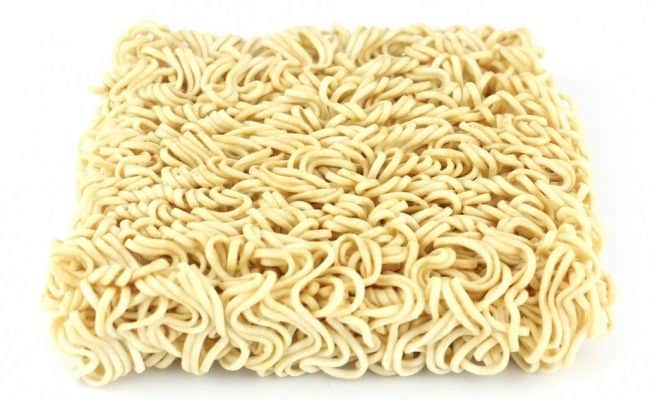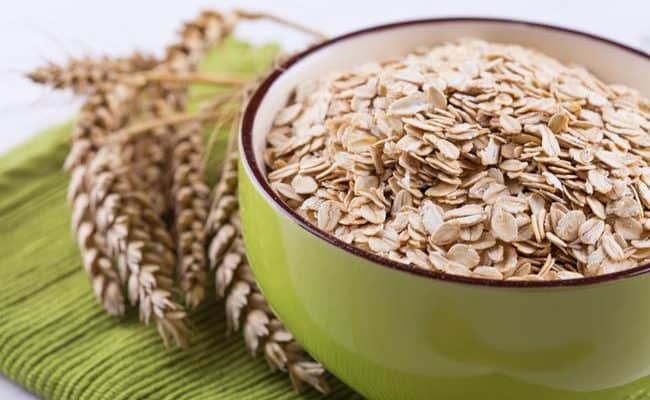
Some foods get a bad rap when it comes to how healthy they are and this can lead to people avoiding certain foods for unfounded reasons. Often scientific studies are misinterpreted, skewed or misreported in popular press, leading to misleading information being published.
This means that often foods that have a place in a healthy diet, or even have benefits for our health are avoided for no good reason.
Here are some common foods you may have thought were unhealthy but are really not so bad.
1. Popcorn
It is important to note that here we are not talking about butter covered salty, sugary or caramel coated popcorn. These are most definitely not the best choice for a healthy diet, however, plain air popped pop corn is a great low calorie snack that can make a good alternative to higher fat and calorie foods such as potato chips.
Popcorn is high in dietary fibre, which has been shown to help reduce risk of lifestyle diseases such as heart disease, as well as keeping the digestive system healthy. It has also been suggested that the husks of popcorn contain high quantities of antioxidants, which protect against oxidative damage in the body.
Healthy flavour options for home-popped pop corn include a sprinkle of black pepper or paprika or dried herbs.
2. Carbohydrates
With numerous low carb diets pop up left, right and centre claiming they will cause the pounds to melt away, it is not wonder that many people perceive carbohydrates as being unhealthy.
However, weight loss in these types of diets is likely to be due to reduced overall calorie intake due to carbohydrate restriction.
There is no reason why carbohydrates such as bread, pasta, starchy vegetables and rice cannot be part of a healthy diet and in fact these foods provide key nutrients such as B vitamins and fibre to our bodies.
Carbohydrates also provide fuel to our bodies, which is essential to maintain the energy we need to function in everyday life, particularly if we are very active.
The key when eating carbohydrates as part of a healthy diet is to choose options that are high in fibre and lower GI, such as whole grain bread, brown pasta and brown rice.
Avoiding highly refined carbohydrates and replacing these with less processed alternatives means more nutritional value. Whilst carbohydrates can play a part in a healthy diet, they are also easy to overeat, so make sure you keep portion sizes moderate.
3. Nuts
Due to their high calorie and fat content, many people see nuts as unhealthy; however this could not be further from the truth. Nuts are rich in important nutrients, as well as protein, healthy unsaturated fats and fibre.
A moderate intake of nuts has been associated with lower risk of heart disease and stroke.
To make sure you are choosing the healthiest nuts, go for varieties that are not roasted, salted or coated in sugar and this will add extra empty calories.
Make sure portion sizes are kept small, as despite their nutritional benefits, nuts are still calorie dense and are likely to contribute to weight gain in eaten in excess.
4. Gluten containing foods
With gluten free diets becoming popular with numerous celebrities and more and more gluten free products available in restaurants and on supermarket shelves, many people are under the impression that we all need to follow a gluten free diet.
In reality, avoiding gluten is only necessary for those with celiac disease or a diagnosed gluten intolerance. There is no evidence that gluten (a protein found in wheat and other grain products), holds any dangers for the average consumer.
A gluten free diet can be expensive, antisocial and restrictive, so don’t fear gluten containing foods unless you have a true intolerance.
5. Eggs
Although eggs are high in dietary cholesterol, there is no need to restrict them as was thought in the past. It has now been found that saturated fat in the diet has the biggest effect on bad blood cholesterol levels, and dietary cholesterol has a much smaller effect.
Eggs are packed with nutrients and are an excellent source of protein and no egg restriction is now included in the American Heart Associations guidelines.
6. Dairy
Many people avoid dairy products as they believe they are unhealthy, however this if low fat dairy is chosen, there are numerous health benefits of these foods. Dairy is an excellent source of calcium, which has been linked to strong bones. It is also a great source of protein which can help keep you fuller for longer.
Although full fat dairy is high in saturated fat, which is associated with heart disease, some recent research has suggested that the relationship between dietary dairy intake and heart disease are not as strongly linked as once thought.
7. Alcohol
Similar to chocolate, there are suggested health benefits from light to moderate consumption of alcohol. However, the key is moderation, as alcohol is definitely a substance that can contribute to serious health problems if consumed in excess.
Scientific studies suggest that a controlled level of alcohol consumption can reduce risk of heart disease, stroke and possibly even type 2 diabetes.
If you don’t already drink however, this is probably not a good enough reason to start. However, if you already drink regularly in small quantities this may be doing you some good.
A moderate alcohol intake is considered no more than one standard drink daily for women and two for men, with two alcohol free days per week.
8. Coffee
Coffee has been linked with some health risks and some benefits. However, as a general rule it is thought that with moderate consumption, the benefits outweigh the risks.
Recent studies have associated coffee consumption with protection against Parkinson’s disease, type 2 diabetes and liver cancer, as well as with an overall lower risk of death.
Coffee is also high in antioxidants, which help to protect the body from oxidative damage that can lead to cancer or other conditions.
9. Chocolate
Although not all chocolates are created equal when it comes to their health benefits, there is no doubt that a small amount of dark chocolate in the diet has the potential to provide valuable antioxidants to your diet.
Regular chocolate consumption, (of the dark variety and in small quantities), has been linked to reduction in risk of stroke, heart disease and even obesity. It has also been linked to positive effects on mood and possibly even improvements in eye sight.
For the best effects, choose chocolate with the highest percentage of cocoa you can handle, as this is the component which brings benefits.
It is important to remember that even the bitterest dark chocolate is high in fat and calories, so make sure moderate consumption does not turn into over consumption, which is likely to negate any health benefits.
10. Peanut butter
Peanut butter may have the reputation of an unhealthy snack food, but in fact it can be quite nutritious. Nuts are rich in protein, healthy fats and fibre, so it goes without saying that peanut butter also has these properties.
They key is to go as natural as possible, as many commercial butters have a lot of added salt, sugar and even fats.
Peanut butter is calorie rich so portions sizes should be moderated; however there is no reason why small amounts of peanut butter cannot be part of a healthy diet.
References used in this article










